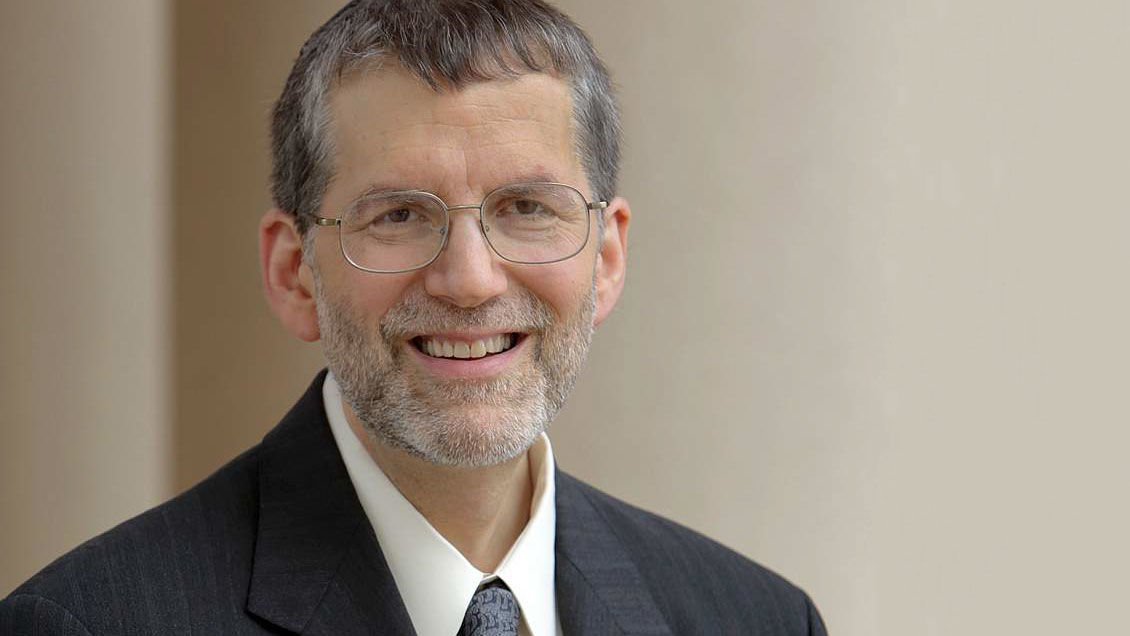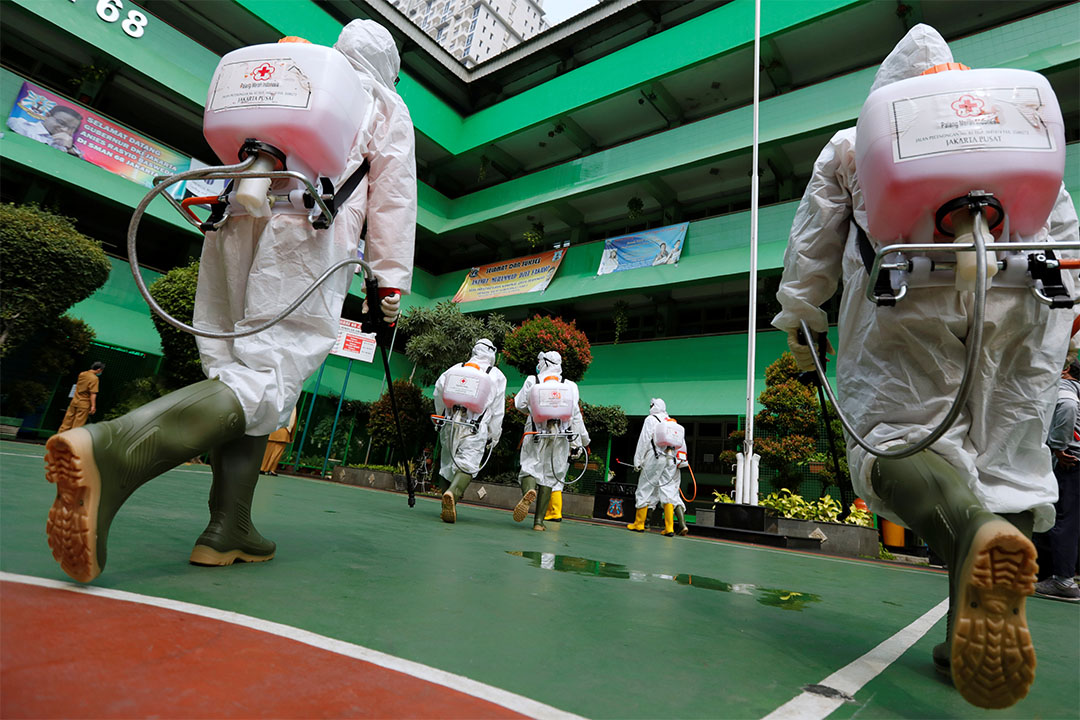
The National Institutes of Health (NIH) is requiring a small nonprofit research organization to take unusual—and perhaps impossible—steps to end a controversial suspension of an NIH grant related to bat coronavirus research in China. NIH's conditions for reinstating the funding to the EcoHealth Alliance are "outrageous," former NIH Director Harold Varmus told The Wall Street Journal (WSJ) in an article published Aug. 19 that first reported the agency's demands.
The controversy began in April, after President Donald Trump complained about NIH's grant to the EcoHealth Alliance because it involved researchers at China's Wuhan Institute of Virology (WIV). Conservative commentators, Trump, and Trump administration officials have asserted, without evidence, that the novel coronavirus that causes COVID-19 escaped from WIV. Shortly after Trump's complaint, NIH abruptly canceled the grant, stating that its goal of studying bat coronavirus spillovers into humans did not "align with … agency priorities." NIH's move drew extensive criticism from the scientific community.
Last month, NIH Deputy Director for Extramural Research Michael Lauer sent the EcoHealth Alliance a letter stating the agency was reinstating the grant, but also instantly suspending it again pending the completion of certain actions. (ScienceInsider has now independently reviewed a copy of the July 8 letter.) Among the conditions included:
-
The EcoHealth Alliance must provide a sample of the pandemic coronavirus that WIV used to determine its genetic sequence.
-
The group must arrange for an outside inspection of WIV and its records "with specific attention to addressing the question of whether WIV staff had SARS-CoV-2 in their possession prior to December 2019," Lauer wrote.
-
The nonprofit must explain purported restrictions at WIV, including "diminished cell-phone traffic in October 2019, and the evidence that there may have been roadblocks surrounding the facility from October 14-19, 2019."
-
The nonprofit must "provide the NIH with WIV's responses to the 2018 Department of State cables regarding safety concerns."
NIH declined interview requests for Lauer and agency Director Francis Collins, saying in a statement: "NIH does not discuss internal deliberations on specific grants."
The EcoHealth Alliance said in a statement that "NIH's letter cynically reinstates and instantly suspends the EcoHealth Alliance's funding, then attempts to impose impossible and irrelevant conditions that will effectively block us from continuing this critical work."
Varmus, one of 77 Nobel laureates who wrote to current NIH Director Francis Collins in May demanding that he review the grant's initial cancellation, told WSJ that NIH's list of conditions for reinstating the funding "is outrageous, especially when a grant has already been carefully evaluated by peer review and addresses one of the most important problems in the world right now—how viruses from animals spill over to human beings."
Peter Daszak, the EcoHealth Alliance's president, recently called out Collins in an interview with ScienceInsider, saying: "It undermines biomedical science to give in to politics. I think that's a failure. And I think that Dr. Collins fell at the first hurdle. When challenged by the White House to cancel this grant he just gave in."
Jeremy Berg, who directed NIH's National Institute of General Medical Sciences from 2003 to 2011, notes that Collins is a political appointee who serves at the president's pleasure. (Berg was also editor-in-chief of the Science family of journals until 2019.) He says: "The question for anybody in [such] a leadership position is: 'Is there a line that you are not willing to cross? And that you think it would be more appropriate to stand on principle and resign rather than to give in?' … In my view, that line has been crossed with this."
With reporting by Kai Kupferschmidt.
*Update, August 19, 5:10 p.m.: This story has been updated to include additional material from NIH's July 8 letter to the EcoHealth Alliance, a statement from NIH, and comments from Jeremy Berg and Peter Daszak.
COVID-19 Update: The connection between local and global issues–the Pulitzer Center's long standing mantra–has, sadly, never been more evident. We are uniquely positioned to serve the journalists, news media organizations, schools and universities we partner with by continuing to advance our core mission: enabling great journalism and education about underreported and systemic issues that resonate now–and continue to have relevance in times ahead. We believe that this is a moment for decisive action. Learn more about the steps we are taking.












